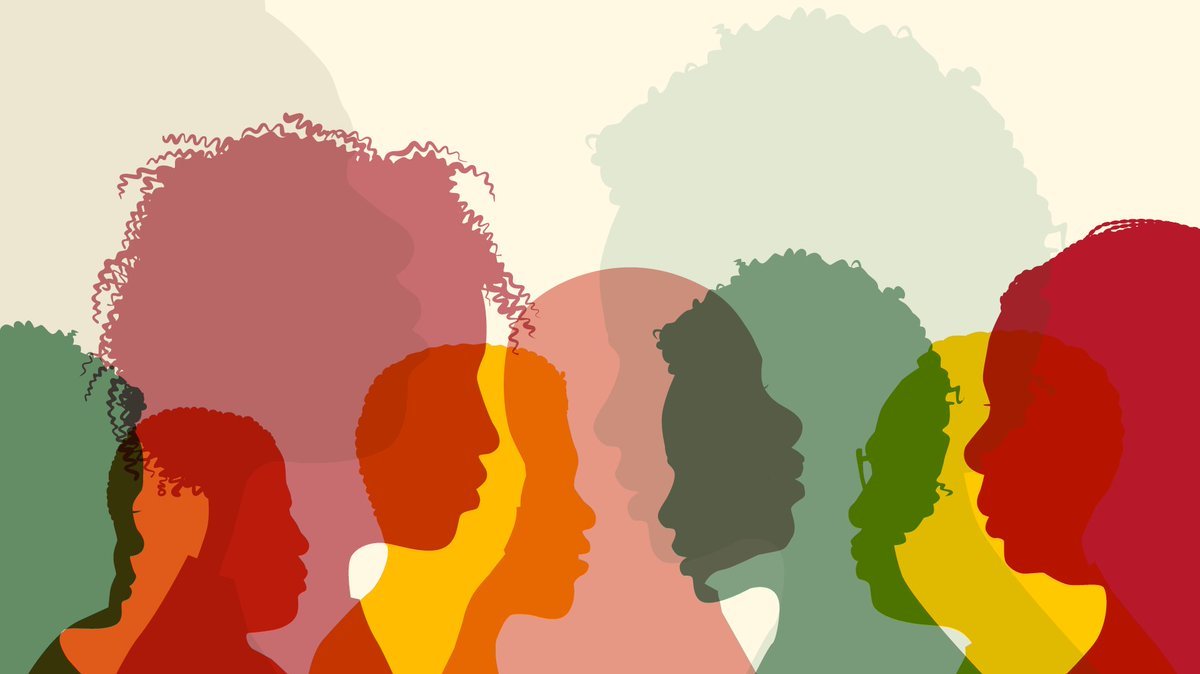The word diaspora comes from the Greek roots of ‘across’ and ‘scatter’. With our societies becoming more and more multicultural, there is more and more discussion about this concept and what it means to be in ‘the Diaspora’.
You may have heard phrases along the lines of ‘you can take the girl out of New York, but you can’t take the New York out of the girl’. Diaspora generally refers to a ‘people’ from one specific country or place who are currently living in (or were born and grew up in – I’ll touch on that later) a place that is outside of that specific ‘homeland’. Despite living abroad, there is one common factor that connects these people, the same sense of nostalgia or persisted connectedness that is felt when thinking of or visiting home.
I’m part of the Jamaican diaspora living in Europe and just to make it easier on my brain I’ll use the Jamaican diaspora in examples from now on. The general lifestyle of a Jamaican that moved to Japan would probably be very different to the lifestyle of a Jamaican that moved to Luxembourg, despite that they most likely have a decent number of shared experiences for instance classic Jamaican dishes, culture, and that same sense of nostalgia whilst thinking of home. A certain camaraderie or shared identity can arise based on a mix of culture from the native country and experiences related to being a member of that certain diaspora in the new country. Despite this, sometimes differences can start to emerge between the diaspora and those who didn’t emigrate.
Researchers noticed over a period of five years that members of the Turkish diaspora in Germany and other European states with high levels of Turkish immigration overwhelmingly voted for Erdogan’s Justice and Development Party (AKP) as compared to the non-diaspora electorate in Turkey. According to a study, most reasons given for this was to show or even ‘renew’ their patriotism to Turkey whilst abroad. There could be a multitude of reasons for this, for instance evidence of the effect of nationalist rhetoric from the AKP, the effect of general public and media opinion of Turkey in these European countries on the diasporic electorate, or maybe a rosy-eyed view of the home country. I’m no social sciences major though.
There has been significant discussion on the concept of diaspora and what it actually means. It’s very easy to categorise a 23 y/o Jamaican fresh off the boat in England as diaspora but what about those who arrived as babies or young children who experienced their entire lives in the new country? What about those who were born in the new country? I’ll take the United Kingdom as a case study of sorts and draw from my own experiences. Here’s a little story first: Obviously the UK had loads of colonies and being colonies, they were forced to fight in any wars that the British did (unless you were predominantly white colonies like Canada, Australia, NZ, or SA, then you had a choice, but that’s another story and early 20th century colonial politics is very boring and racist). After the war, the British decided to loosen the very restricted migration from the colonies to the UK in order to make up for the lost manpower during the war. As a result, today there is a very large Jamaican diaspora in the UK alongside other nationalities, (those who immigrated are known as the Windrush generation).
As groups of humans naturally do, they mix and as a result there is a large number of mixed-race Jamaican-Brits and non-mixed Jamaican-Brits who were born and grew up in the UK. Now if you grow up in one country you will obviously learn a large amount of your culture from that country but even so, you will still retain a good amount of culture from your parents. This could be languages, food, memories, politics, nostalgia and connection to a homeland you may never have even been to, it goes on and on. It would seem natural that they would identify as diaspora but there are conflicting opinions on this. Some believe that identifying at all with your diasporic roots will take away from you integrating successfully into the new country and as a result some children of the diaspora never were allowed to learn their parent’s languages.
The concept is interesting, sometimes comforting and sometimes divisive and yet it basically affects everyone. You don’t have to come from really far away to be part of a diaspora, there is a significant Polish diaspora in Sweden, there is a significant Swedish diaspora in Finland and America. Even Bengt Bengtsson, the most Swedish man ever, probably has relatives or recent ancestors who were members of a diaspora. In the words of a wise man: ‘It’s all politics bro, everyone’s connected’.
Album suggestion: ‘Diaspora’ – Goldlink Genre: Hip-Hop/Rap, Afrobeat



